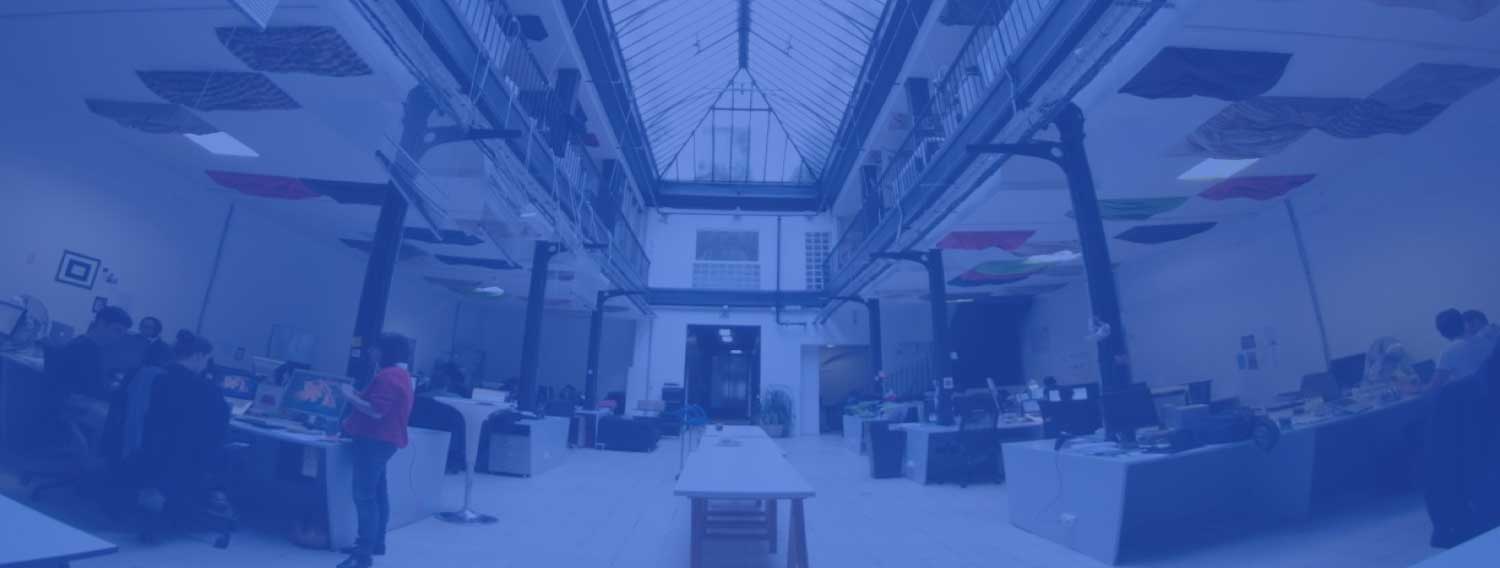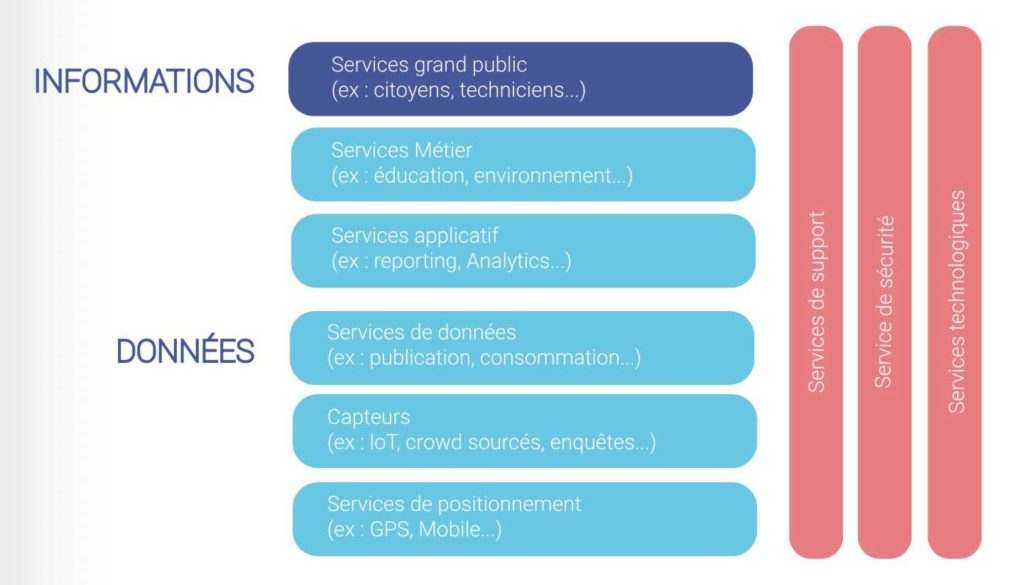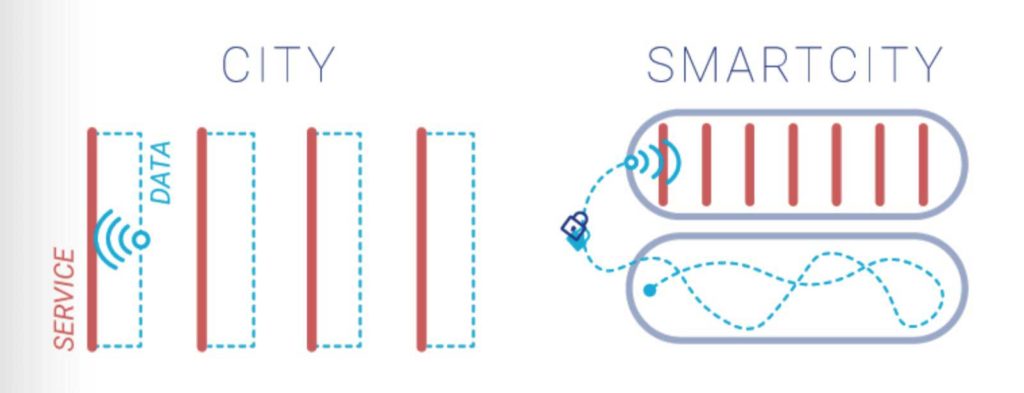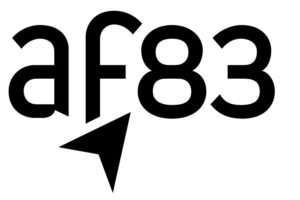af83 is a digital consulting firm, a service company that puts design at the core of its business as a link between people, organizations and environments. Its team of 30 people carries out assistance missions to project management, consulting, design, architecture and implementation of B2B or B2C applications, as well as user tests. It records all of its activity and skills in dynamic, agile and iterative projects.
af83 builds tools for communities. At a regional level, the firm has worked on innovative topics with a strong societal dimension such as the FALC project (Easy to read and understand) or the design of ChatBots allowing users to be guided in their search for information. It also offers its public partners, transport managers, a set of management tools for passenger information data accessible online (https://enroute.mobi).
Louis Montagne, President of af83, has chosen to use the Design methods, which constitute his company’s DNA, to address the complex and strategic issues that preoccupy communities. This method assumes a different approach from those used in traditional consulting or AMOA missions. It achieves pragmatic results, based on the problems of the territory, and supports change through co-design.
With a team made up of experts in change management (Emilie Collet, Marine Belluet and Arnaud Merle), he worked on the “median city” concept to give a new name to “medium-sized” cities and restore their full place within the national territory.
Currently too often neglected, these median cities are nevertheless the lungs of France and provide it with energy and diversity. It is in these cities that we find the solutions of the future and the emerging innovations which, after being tested locally, will be useful to all.
With this same team, Louis Montagne accompanied the design and implementation of the first edition of SIIVIM (International Innovation Summit in the Median Cities), as well as communities in the definition of their smart city strategic roadmap. On the basis of determining factors, findings, data from shared diagnoses or foresight exercises, and key ideas provided by elected representatives, concrete action plans were developed. In particular, they reveal the structuring elements to be introduced or to be changed to transform a territory into a smart city.
Jean Nouvel wrote in an article what he liked about design: “A form of evidence. And the emotion that gives me. For me, a successful object is an object that is familiar to me right out of the factory.” The same goes for strategy design and smart city design: both must provide emotion, be familiar, and be obvious.
Louis Montagne
louis.montagne@af83.com – contact@af83.com
af83, 15 rue Poissonnière, 75002 Paris
Tel : +331 40 27 83 83 / +337 77 92 04 60
https://af83.com et https://enroute.mobi





















